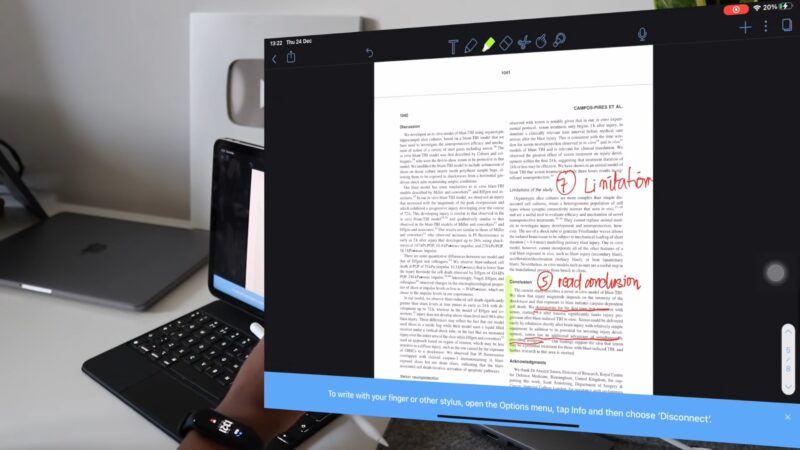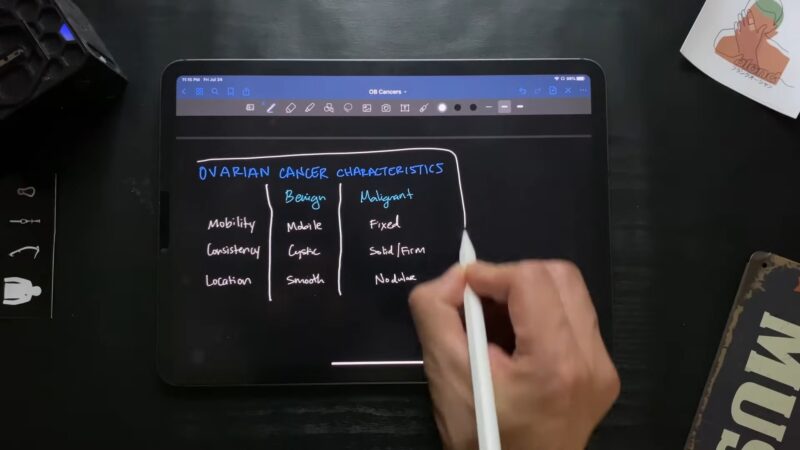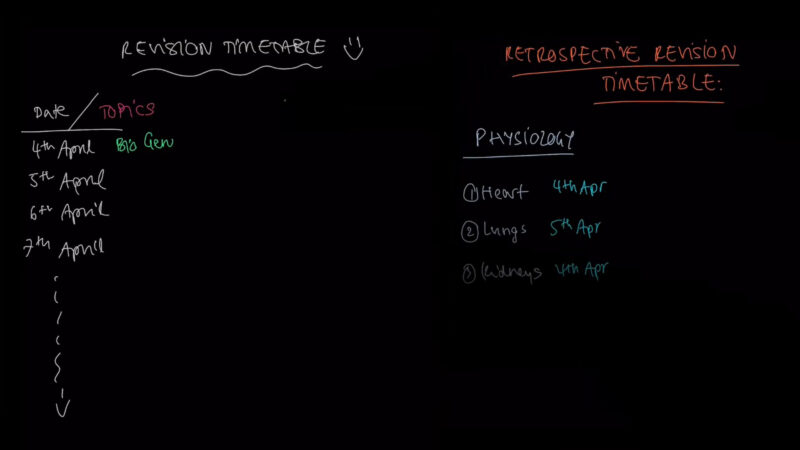Stepping into the unknown and feeling the doubts, fears, the insecurities that live there can be daunting. For the past 20 years, I have been helping first-year University students transition into the university environment.
Every year, I watch many of these students grapple with unfamiliar systems, cultures, and languages. Most students who face challenges at University do so not because they lack intelligence, but because they are unaware of the specific academic skills required to excel.
Once they gain clarity on where and how to focus, their performance often improves dramatically with much less effort. So, let’s explore these essential academic skills.
1) Time Management
Time is a finite resource. With only 168 hours in a week, full-time students have to juggle numerous responsibilities. Effective time management is crucial for their success.
The Importance of Allocating Time Wisely
Every student has the same 24 hours in a day, but how they utilize these hours makes all the difference. Allocating specific blocks of time for studies, work, and personal activities can help in creating a balanced life. It’s not just about studying hard but studying smart. By prioritizing tasks and setting clear goals, students can make the most of their time.
Challenges and Solutions
One of the primary challenges students face is procrastination. Pushing tasks to the last minute can lead to stress and subpar work. To combat this, students can use techniques like the Pomodoro method, where they work intensively for short bursts followed by short breaks. Additionally, using digital tools and calendars can help in setting reminders and tracking tasks.
2) Reading for Information and Understanding

University-level reading goes beyond just skimming through texts. It requires a deep understanding and the ability to contextualize the information.
The Art of Comprehensive Reading
At the university level, students are expected to not just read but to comprehend and analyze. This means understanding the context, the author’s perspective, and how the material fits into the broader topic. Active reading strategies, such as highlighting, annotating, and summarizing, can aid in this process.
Evaluating Sources
Not all reading materials are created equal. It’s essential for students to discern between credible academic sources and less reliable ones. Understanding the origin, authorship, and purpose of a material can help in evaluating its relevance and reliability.
3) Essay Writing
Essay writing at the university level is a nuanced skill. It’s not just about presenting information but doing so in a structured, coherent, and analytical manner.
Understanding Different Essay Types
University essays come in various forms, from critiques and analyses to comparisons and defenses. Each type has its own set of expectations. For instance, a critique might require a deep dive into the strengths and weaknesses of a piece, while a comparison would involve juxtaposing two or more subjects.
Crafting a Compelling Essay
A successful essay is not just about content but also about presentation. Starting with a strong thesis statement, followed by well-structured arguments and supported by credible sources, is key. Additionally, paying attention to the flow, coherence, and grammar can make an essay stand out.
4) Note-Taking

Note-taking is an art that goes beyond merely jotting down what the lecturer says. It’s about capturing the essence of a lecture, understanding the main points, and organizing information in a way that facilitates easy revision.
The Essence of Effective Note-Taking
A good set of notes should be concise yet comprehensive. It’s not about writing down every word the lecturer says but capturing the key ideas and concepts. Using symbols, abbreviations, and diagrams can help in making notes more efficient. Moreover, color-coding and highlighting can aid in distinguishing between main points and supplementary information.
Challenges and Techniques
One common challenge students face is distinguishing between what’s essential and what’s not. Coming prepared to lectures, having done the required readings, can help in this regard. Digital tools like Evernote or OneNote can also assist in organizing notes, while traditional methods like the Cornell System can be beneficial for manual note-takers.
5) Research
Research is the backbone of academic writing. It provides the evidence and context that underpin arguments. However, not all sources are equal, and discerning between credible research and less reliable information is crucial.
Navigating Academic Journals vs. Consumer Magazines
Academic journals are peer-reviewed, meaning experts in the field have vetted the content. They are a gold standard in academic writing. On the other hand, consumer magazines, while informative, might not always meet the rigorous standards of academic research. Students should be wary of where they source their information.
Effective Use of Online Libraries
Most universities provide access to vast online libraries, which are treasure troves of academic resources. Familiarizing oneself with these platforms can significantly enhance the quality of research. Using advanced search features, understanding citation indices, and leveraging inter-library loans are some ways to make the most of these resources.
6) Exams

Exams are a test of not just memory but understanding, application, and analytical skills. Preparing for them requires a strategic approach that goes beyond last-minute cramming.
Holistic Exam Preparation
The best exam preparation is continuous learning. Regularly reviewing lectures and reading notes, summarizing them, and understanding the interconnections between topics can make revision more manageable. Group study sessions, flashcards, and mock tests can also be beneficial.
Tackling the Exam Paper
Exams often test students’ ability to apply knowledge in novel ways. Reading questions carefully, allocating time wisely, and structuring answers are crucial. For essay-type questions, starting with a brief outline can help in organizing thoughts. For multiple-choice questions, eliminating obviously wrong answers can increase the chances of selecting the correct one.
FAQ
What are some tools or apps that can help with time management?
Tools like Trello, Todoist, and Google Calendar can be invaluable for setting tasks, reminders, and deadlines.
How can I improve my reading speed without compromising comprehension?
Practice speed reading techniques, such as chunking and minimizing subvocalization. However, always prioritize comprehension over speed.
Are there any online platforms to practice essay writing?
Websites like Grammarly can help with grammar and style, while forums like Scribophile allow for peer reviews of your essays.
How can I ensure the credibility of my research sources?
Always check for the author’s credentials, the publisher’s reputation, and if the source is cited by other reputable works.
What strategies can help with exam anxiety?
Techniques like deep breathing, visualization, and mindfulness meditation can help calm nerves before and during exams.
How often should I revise my notes?
Regular revision is key. Review your notes within 24 hours of taking them, then weekly, and finally, intensively before exams.
Are group study sessions effective?
They can be, provided the group stays focused. Group studies are excellent for discussing complex topics and clarifying doubts.
Final Words
Embarking on the academic journey is both exciting and challenging. While the road might seem daunting at times, equipped with the right skills and tools, every student has the potential to excel.
Remember, it’s not about the destination but the journey, and every challenge faced is an opportunity for growth. Keep learning, stay curious, and embrace the adventure of academia.
